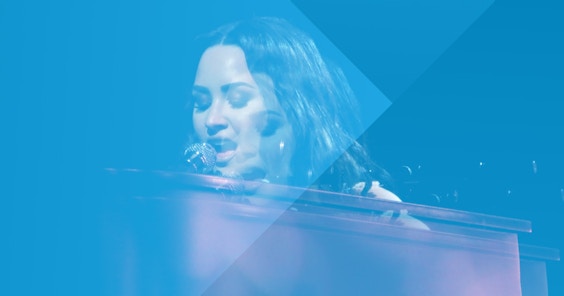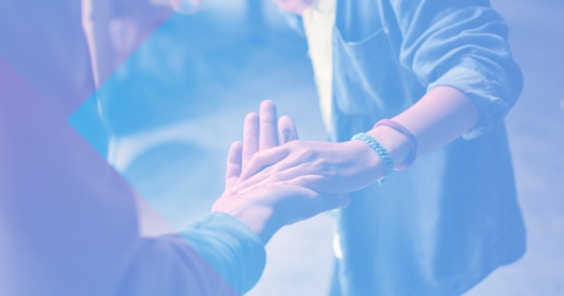I Am Sober is a free app that helps you get some control back in your life.

6 Ways Gratitude Can Help You Stay Sober
Last Updated: Tue, January 23, 2024Gratitude Helps Us Make Better Decisions

If you could have $54 in cash now or $80 in three days, which would you choose?
A group of researchers asked one group of participants to think about events during the day that made them grateful and write them down in a journal. They found that many of the participants that did this were more likely to show restraint and patience, and ultimately opt to wait for the larger amount of money.
“Engagement in simple daily reflective exercises about events for which one is grateful leads to increased subjective well-being. It may well be that similar interventions can be used to inoculate people against the pernicious effects of excessive impatience on their financial and health-related decisions.” Psychological Science, 2014
Gratitude Makes Us Optimistic

Let's imagine that each day you would write down one of the three following things:
-
Things that bothered you
-
Interesting things that happened
-
Things you were grateful for
Do you think that would have an impact on how you look at life? Researchers have found that the grateful group reported increased optimism and even that they exercised more and felt life was better – all just by writing things down they were grateful for.
"They were also more likely to report having helped someone with a personal problem or offered emotional support to another, suggesting prosocial motivation as a consequence of the gratitude induction." Journal of Personality and Social Psychology, 2002
Gratitude Helps You Sleep Better

A common problem people have when staying sober is getting quality sleep. You’ve probably heard about things like reducing blue light in the evening, not eating a couple hours before bed time, and not using a screen in your bed. However, starting a night time ritual where you write in a gratitude journal might be something you haven’t tried.
"When falling asleep, grateful people are less likely to think negative and worrying thoughts, and more likely to think positive thoughts. It appears that negative pre-sleep cognitions impair sleep, and gratitude reduces the likelihood of such thoughts, protecting sleep quality. Equally, it appears that positive pre-sleep cognitions have a positive effect on sleep, and that gratitude facilitates these thoughts, leading to superior sleep quality." Journal of Psychosomatic Research, 2008
Gratitude & Loneliness Have A Negative Correlation
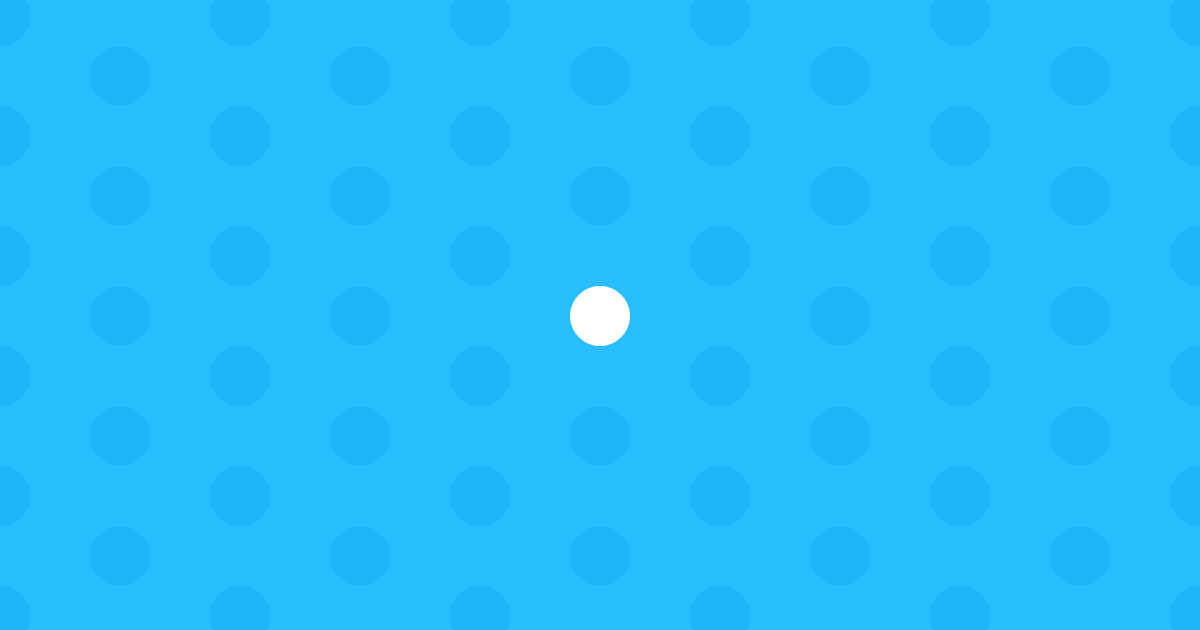
This one might seem obvious but if you’re feeling lonely, this could be a different way of looking at things. Feeling lonely is terrible, but practicing gratitude for what you have can be one small thing you can do about it.
"In addition, gratitude is demonstrated to be associated with increase in happiness, life satisfaction and social desirability; differently from loneliness which is generally related to negative outcomes in these measures." Europe’s Journal of Psychology, 2016
Gratitude Makes You Less Materialistic & Envious
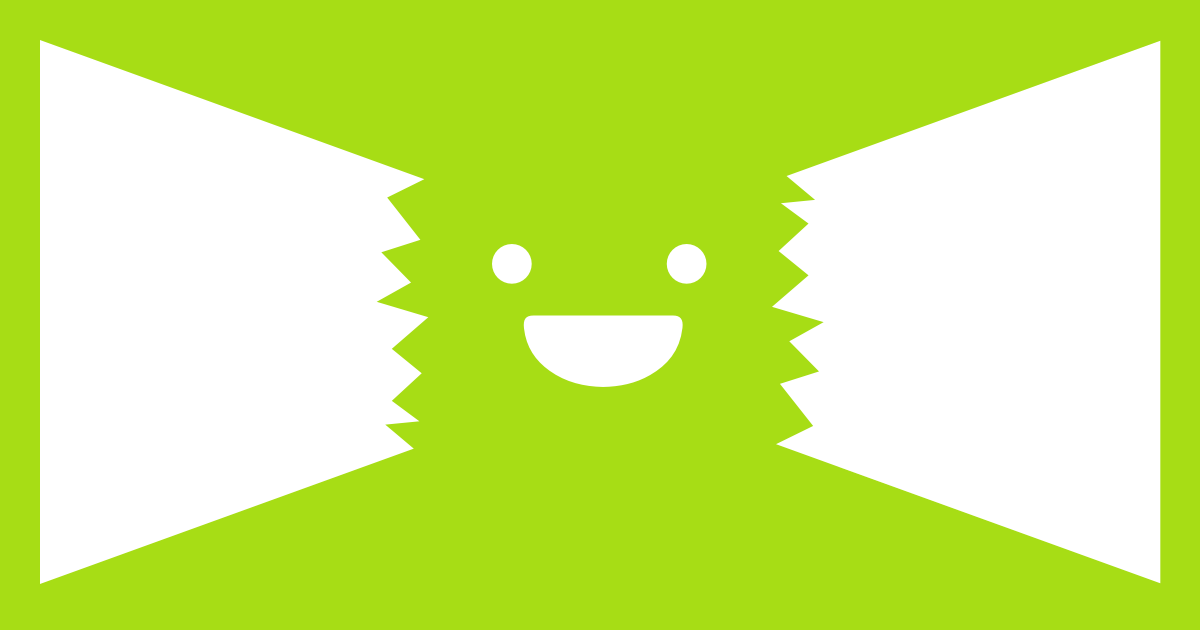
Accepting ourselves for who we are can be extremely difficult. There are so many things out there that can keep us distracted and always wanting more. This constant cycle can leave us feeling like we’re not good enough, or that we need something outside of us to make us happy. Practicing gratitude can squash those feelings.
"Grateful people report themselves as being less materialist and less envious. In particular, grateful people report being more willing to part with their possessions, more generous with them, less envious of the material wealth of others, less committed to the idea that material wealth brings happiness. Apparently, material success is not a very important factor in the happiness of highly grateful people." Journal of Happiness Studies, 2006
Gratitude Grows New Relationships
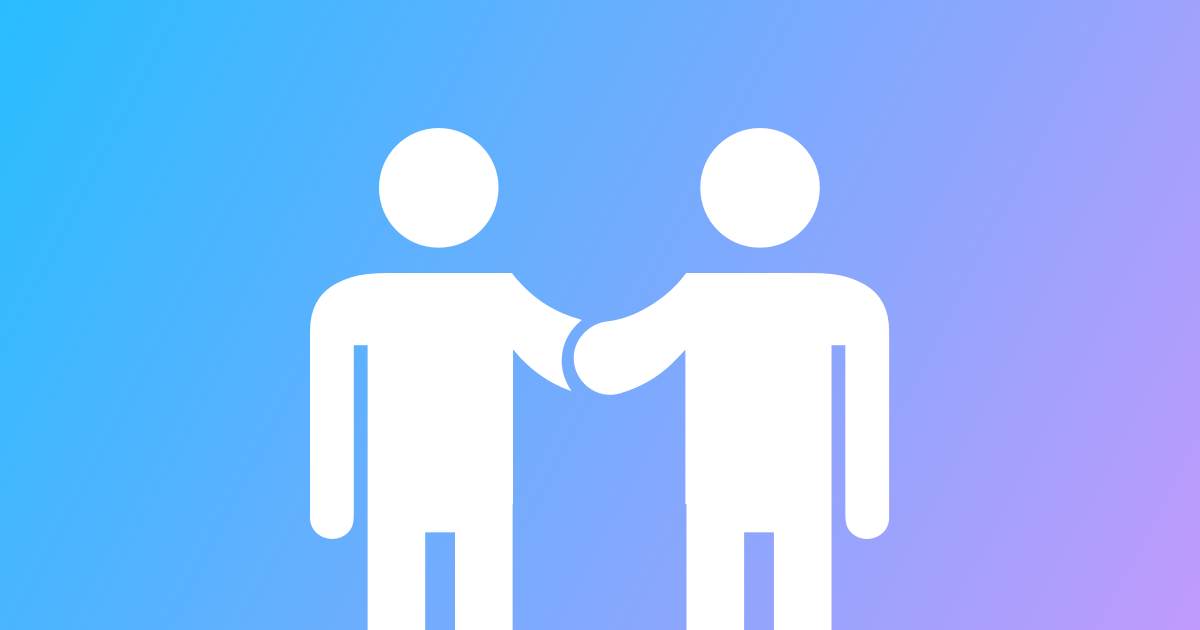
It’s always a good thing to be nice to people, but researchers have found that showing gratitude to someone will make them more likely to seek an ongoing relationship. Whether someone holds the door open for you, or does something to help you out at work, showing a little acknowledgement can go a long way.
"Relationships with others who are responsive to our whole self— our likes and dislikes, our needs and preferences— can help us get through difficult times and flourish in good times. Gratitude can be understood as an emotion that serves the social function of promoting such relationships." Journal TOC, 2008
I Am Sober is a free app that helps you get some control back in your life.

